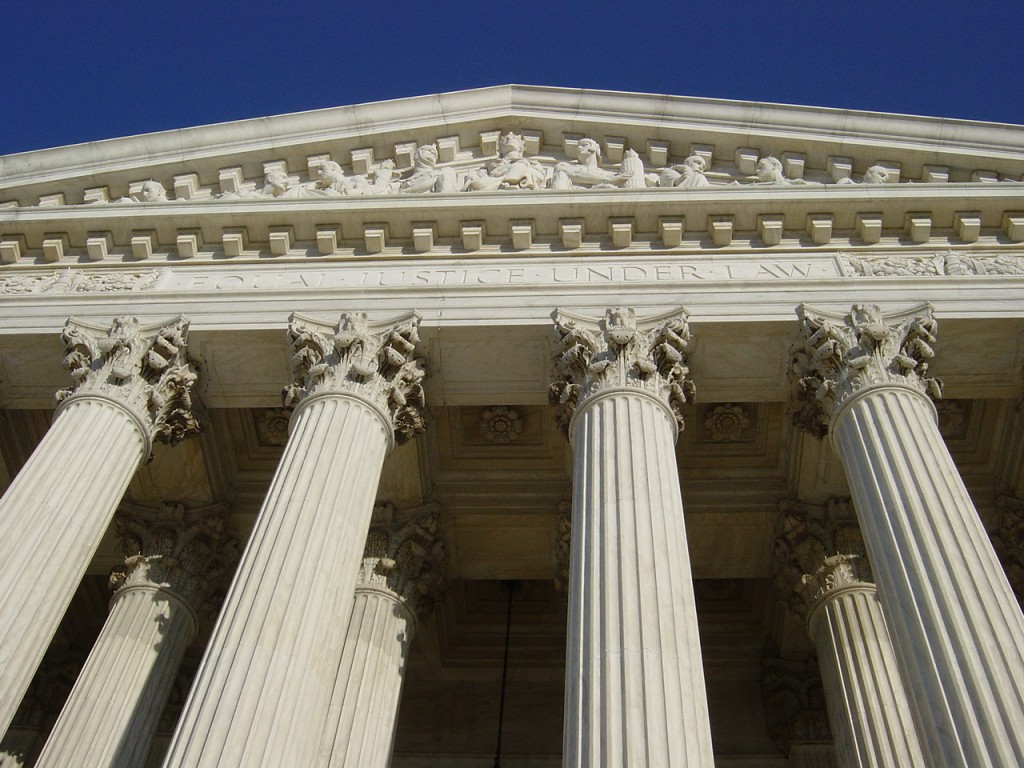
Miroslav Volf on Why the Religious Should Embrace Political Pluralism
Miroslav Volf, A Public Faith: How Followers of Christ Should Serve the Common Good (Brazos Press: ), pp. 126-7.Will religious communities support a polity in which they can speak in their own religious voices in the public arena and in which the state relates to all communities impartially? Elsewhere I have developed the argument that the monotheism of the Abrahamic faiths in fact favors the pluralistic political arrangements that liberal democracy … represents. Basically, the bare-bones sketch of the argument goes like this: 1) Because there is one God, all people are related to that one God on equal terms. 2) The central command of that one God is to love neighbors — to treat others as we would like them to treat us, as expressed in the Golden Rule. 3) We cannot claim any rights for ourselves and our group that we are not willing to give to others. 4) Whether as a stance of the heart or as outward practice, religion cannot be coerced. If you accept these four propositions, you have good reasons to support pluralism as a political project.
Will religious communities actually be willing to embrace such a political project? It depends on many factors. They are most likely to do so as minorities, who have a stake in their voice being heard. If one of them constitutes a majority, it may resist pluralism as a political project if its primary interest is maintenance of its privileged status. But if it is willing to follow the clear implications of its core theological and moral convictions, it will embrace pluralism as a political project. And certainly, unless religious communities are highly secularized, most of them will be likely to support such a polity more readily than one that is implicitly secular and therefore favors a perspective on life other than theirs. To be sure, some religions will strive to be favored by the state. But when they do, the are in principle no different than secularism is now or than secularism would continue to be under the “consocial” proposal. There are legal checks against favoring one perspective on life over others, and all players will have to face the moral demands of fairness and impartiality.